Insomnia is a common sleep disorder characterized by difficulty falling asleep, staying asleep, or waking up too early. Studies have found that insomnia is associated with an increased risk of developing hypertension. For example, a study published in the Journal of Hypertension in 2018 that included over 1 million participants found that people with insomnia had a 20% higher risk of developing hypertension compared to people without insomnia. Another study published in the American Journal of Hypertension in 2013 found that people with insomnia had higher blood pressure compared to people without insomnia.
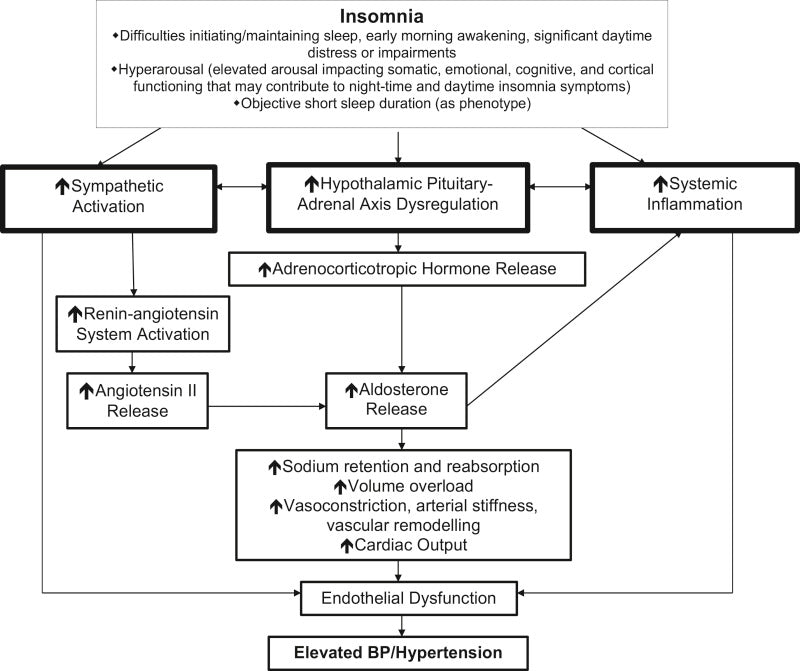
It is believed that the relationship between hypertension and insomnia may be bidirectional. That is, insomnia may increase the risk of developing hypertension, and hypertension may also contribute to the development of insomnia. For example, hypertension can cause damage to the small blood vessels in the brain, leading to reduced blood flow and oxygen delivery to the brain, which can disrupt sleep.
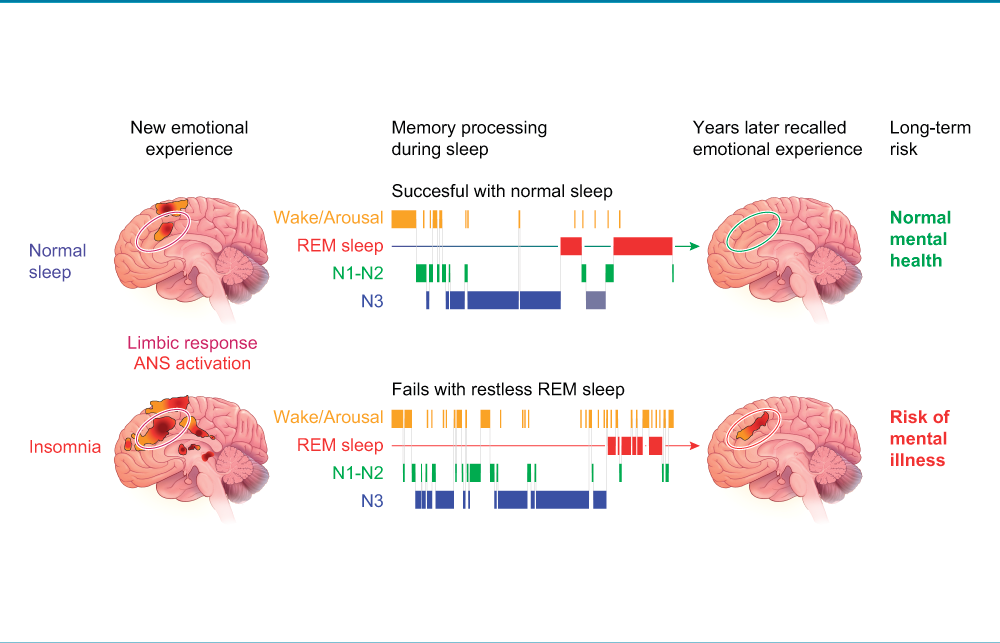
Managing Hypertension and Insomnia: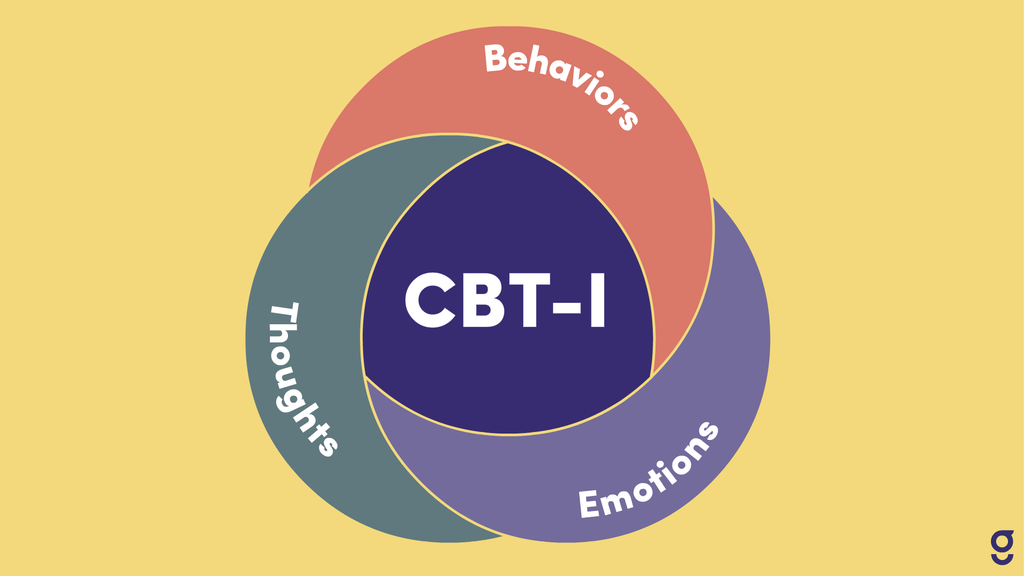
Managing hypertension and insomnia is important for reducing the risk of hypertension-related complications and improving sleep quality. Lifestyle changes such as a healthy diet, regular exercise, and stress management can help to lower blood pressure and improve sleep quality. In addition, cognitive behavioral therapy for insomnia (CBT-I) can be an effective treatment for insomnia. CBT-I involves identifying and changing negative thoughts and behaviors that contribute to insomnia, as well as developing healthy sleep habits.
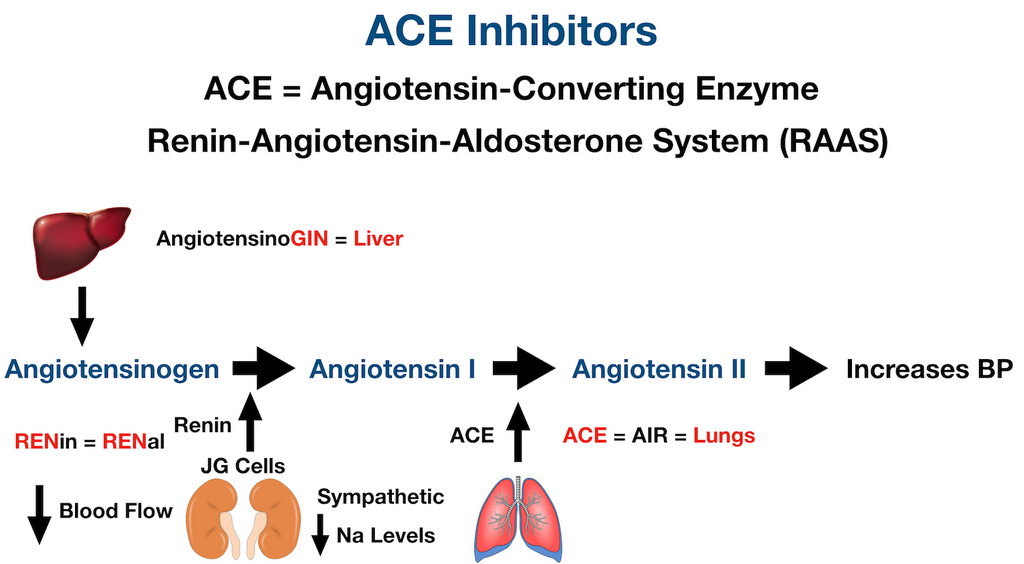
In some cases, medications may also be used to manage hypertension and insomnia. For hypertension, medications such as ACE inhibitors, angiotensin receptor blockers, and diuretics can be used to lower blood pressure. For insomnia, medications such as benzodiazepines and non-benzodiazepine hypnotics can be used to promote sleep.

Conclusion:
Hypertension and insomnia are interconnected conditions that can significantly impact a person's health and quality of life. People with hypertension should be aware of their risk for insomnia and take steps to improve their sleep quality, such as practicing good sleep hygiene and seeking treatment for insomnia if needed. Similarly, people with insomnia should be aware of their risk for hypertension and take steps to manage their blood pressure through lifestyle changes and medications if necessary. By managing these conditions effectively, people can improve their overall health and well-being.


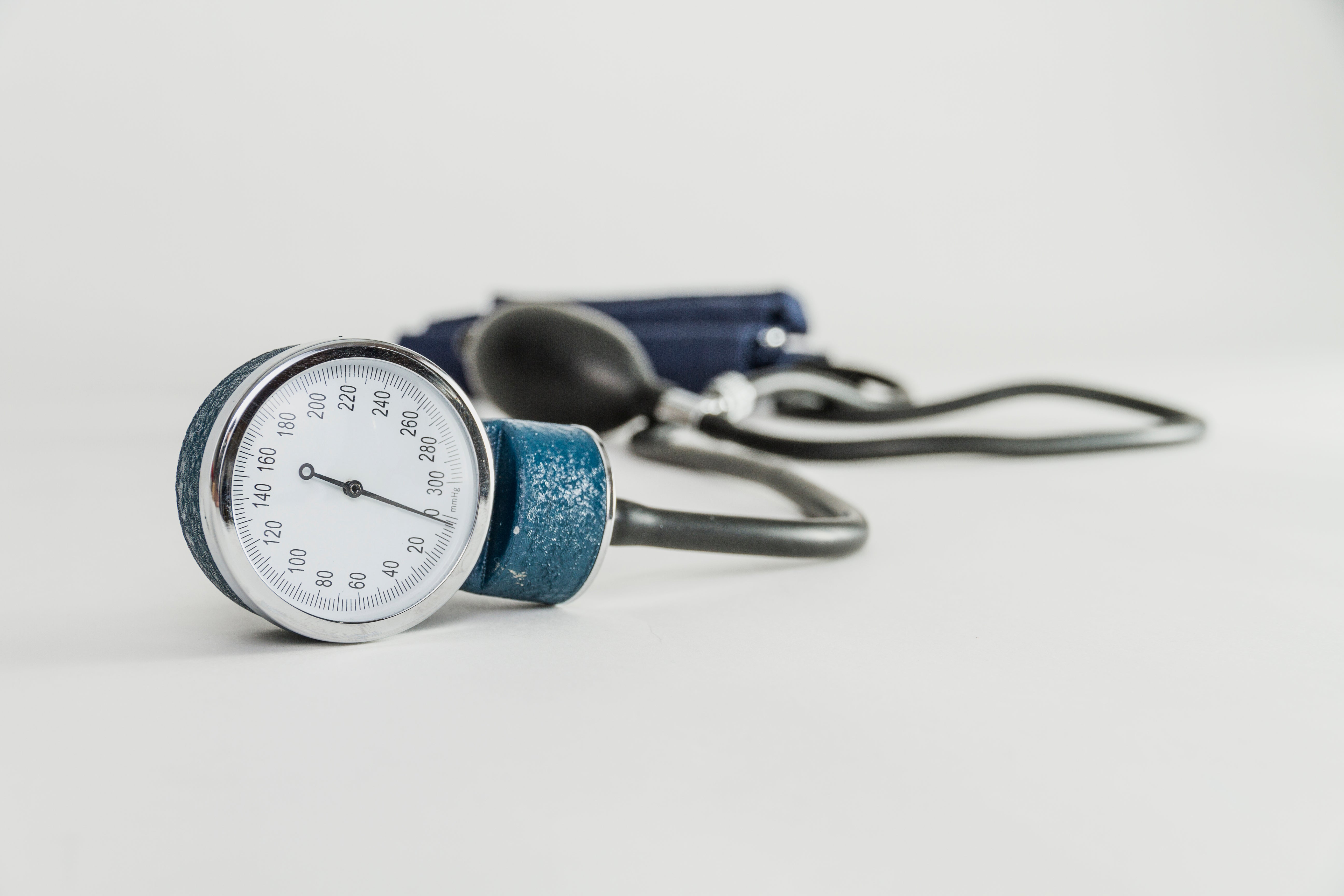
Leave a comment
This site is protected by hCaptcha and the hCaptcha Privacy Policy and Terms of Service apply.